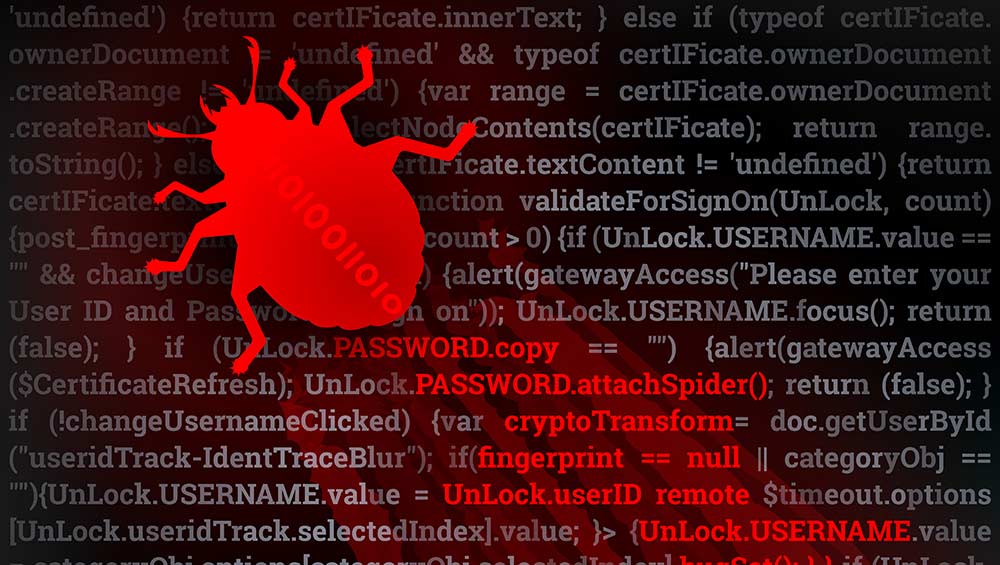Malware prototype exposes smartcard security flaws
Proof-of-concept trojan gives cybercriminals access to sensitive data with just an internet connection


A research team from IT security consultancy itrust have created a proof-of-concept malware that lets attackers gain access to smartcard readers attached to infected Windows PCs via the internet.
The attack happens when a smartcard reader is connected to the affected computer via USB.
The malware installs a driver onto the USB device that allows the attacker to access information on the victim's smartcard as if it were attached to their own PC.
The researchers, led by IT security consultant Paul Rascagneres, used the Belgian eID national electronic identity card and a selection of smartcards used by Belgian banks to test drive the malware prototype.
As with the British Chip and PIN credit and debit cards, most smartcards use a PIN or password as a secondary authentication method to enhance security.
However, the malware developed by the itrust team also contains a keylogger that can steal these credentials as unwitting users type them on their keyboard.
Victims are unlikely to be unaware they have been attacked until they suffer some kind of identity or financial fraud.
Get the ITPro daily newsletter
Sign up today and you will receive a free copy of our Future Focus 2025 report - the leading guidance on AI, cybersecurity and other IT challenges as per 700+ senior executives
Rascagneres claims the attack is completely transparent to the user as they will not be prevented from using their card reader in the usual way.
Marcin Kleczynski, CEO of Malwarebytes told IT Pro: "The research is another clear indicator of the fact that intelligent malware can breach even the most seemingly watertight counter-measure."
"There has been a massive increase in the value of sensitive business data amongst the criminal underground, so breaches such as this, using new attack vectors, will only increase," Kleczynski added.
A full exposition of the development of the prototype and the threat this kind of malware poses will be delivered in a presentation by Rascagneres, entitled Smartcards Reloaded Remotely! at the upcoming MalCon security conference in New Dehli on 24 November.

Jane McCallion is Managing Editor of ITPro and ChannelPro, specializing in data centers, enterprise IT infrastructure, and cybersecurity. Before becoming Managing Editor, she held the role of Deputy Editor and, prior to that, Features Editor, managing a pool of freelance and internal writers, while continuing to specialize in enterprise IT infrastructure, and business strategy.
Prior to joining ITPro, Jane was a freelance business journalist writing as both Jane McCallion and Jane Bordenave for titles such as European CEO, World Finance, and Business Excellence Magazine.
-
 Should AI PCs be part of your next hardware refresh?
Should AI PCs be part of your next hardware refresh?AI PCs are fast becoming a business staple and a surefire way to future-proof your business
By Bobby Hellard
-
 Westcon-Comstor and Vectra AI launch brace of new channel initiatives
Westcon-Comstor and Vectra AI launch brace of new channel initiativesNews Westcon-Comstor and Vectra AI have announced the launch of two new channel growth initiatives focused on the managed security service provider (MSSP) space and AWS Marketplace.
By Daniel Todd
-
 CronRat Magecart malware uses 31st February date to remain undetected
CronRat Magecart malware uses 31st February date to remain undetectedNews The malware allows for server-side payment skimming that bypasses browser security
By Rene Millman
-
 Mekotio trojan continues to spread despite its operators’ arrests
Mekotio trojan continues to spread despite its operators’ arrestsNews Hackers have used it in 100 more attacks since arrests
By Rene Millman
-
 “Trojan Source” hides flaws in source code from humans
“Trojan Source” hides flaws in source code from humansNews Organizations urged to take action to combat the new threat that could result in SolarWinds-style attacks
By Rene Millman
-
 What is Emotet?
What is Emotet?In-depth A deep dive into one of the most infamous and prolific strains of malware
By Praharsha Anand
-
 Fake AnyDesk Google ads deliver malware
Fake AnyDesk Google ads deliver malwareNews Malware pushed through Google search results
By Rene Millman
-
 Hackers use open source Microsoft dev platform to deliver trojans
Hackers use open source Microsoft dev platform to deliver trojansNews Microsoft's Build Engine is being used to deploy Remcos password-stealing malware
By Rene Millman
-
 Android users told to be on high alert after Cerberus banking Trojan leaks to the dark web
Android users told to be on high alert after Cerberus banking Trojan leaks to the dark webNews The source code for the authenticator-breaking malware is available for free on underground forums
By Sabina Weston
-
 Qbot malware surges into the top-ten most common business threats
Qbot malware surges into the top-ten most common business threatsNews An evolved form of the banking Trojan was distributed by number one-ranking Emotet in a campaign that hit 5% of businesses globally
By Keumars Afifi-Sabet